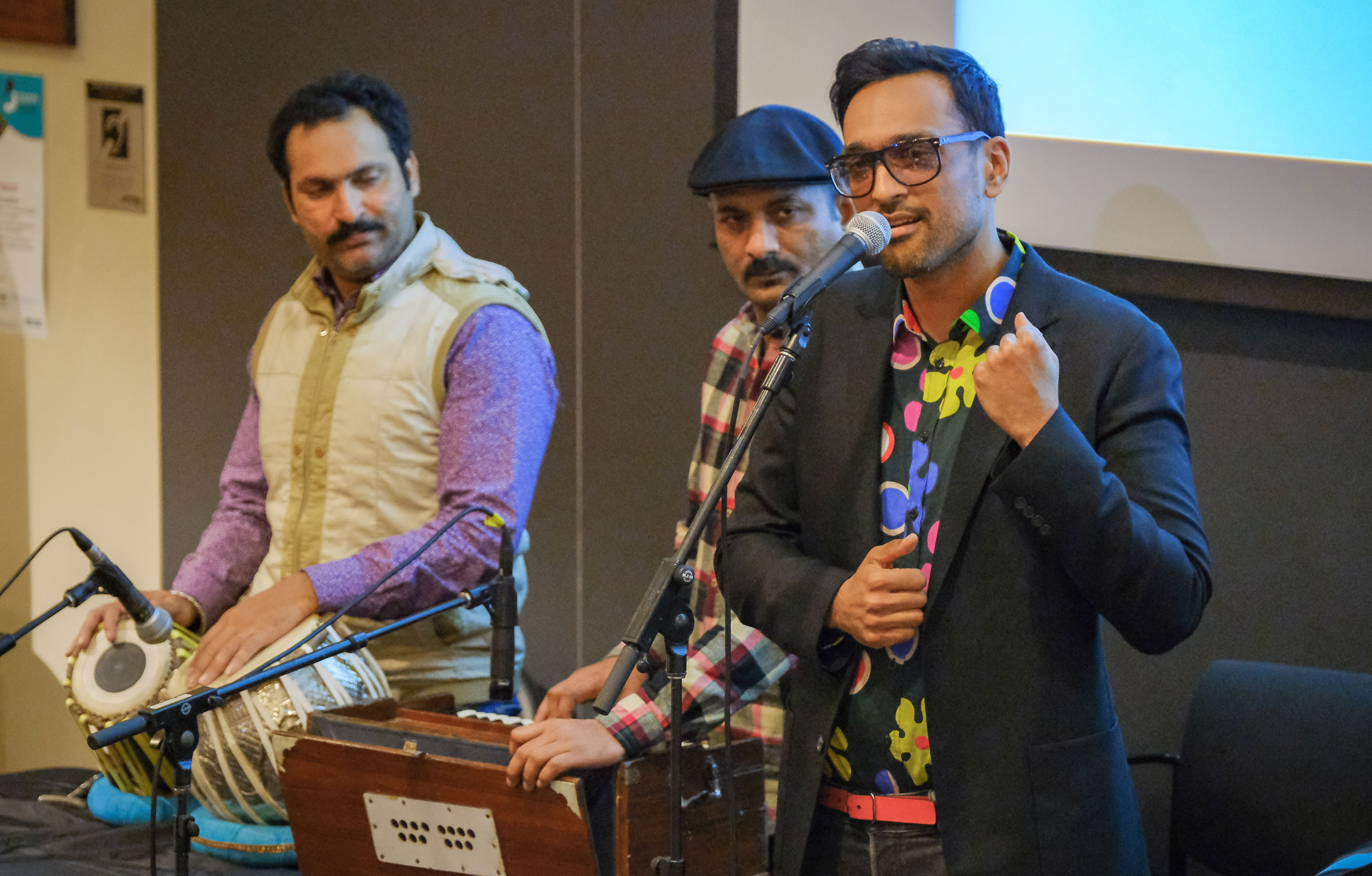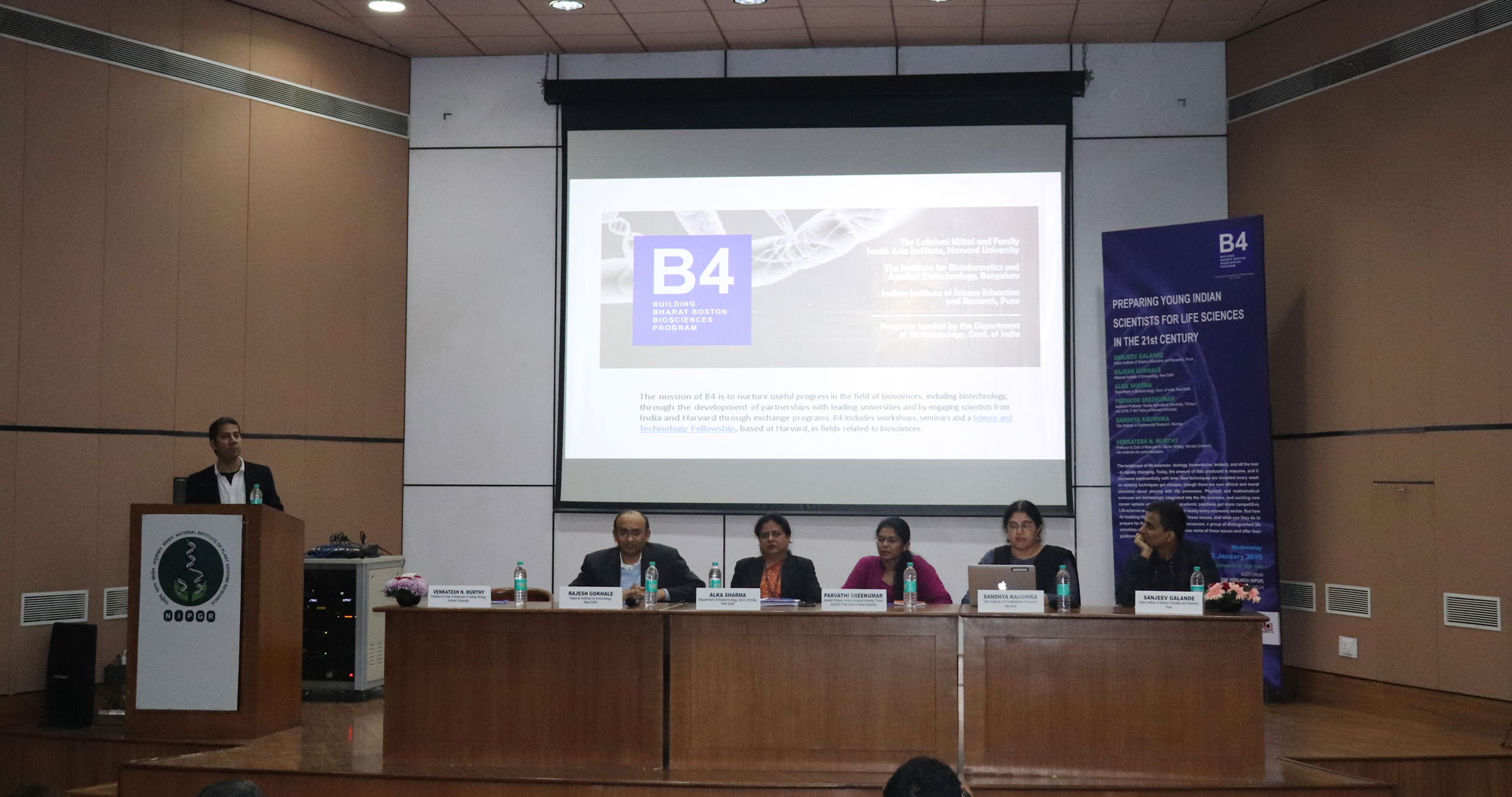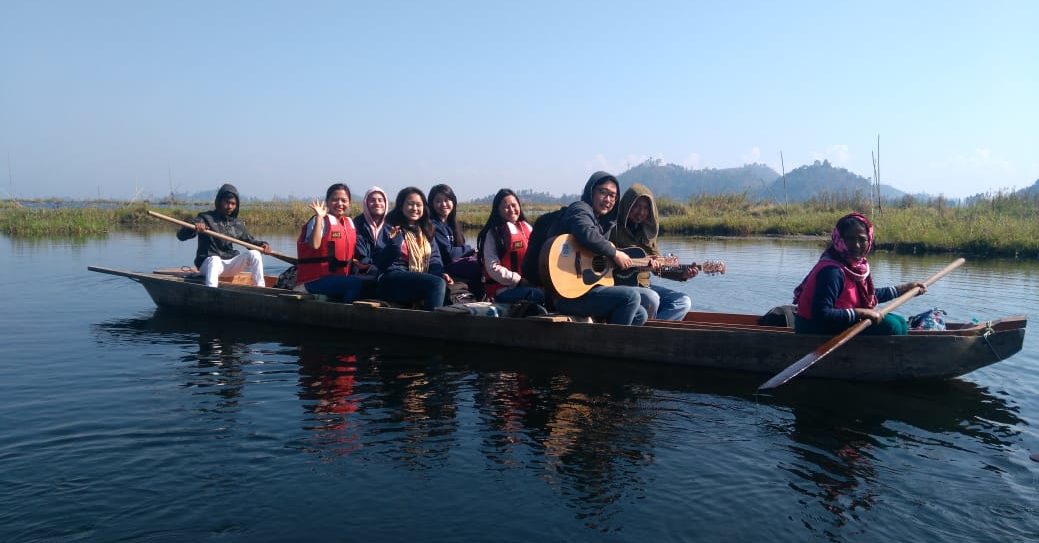
Taktsang or Tiger’s Nest, Paro, Bhutan. Taktsang Monastery (1692) and Bhutan mountainous landscape. Photo by Adli Wahid.
READ THE MITTAL INSTITUTE’S NEW 2018-2019 ANNUAL REPORT HERE.
This past year, the Mittal Institute has delved into South Asia’s arts, sciences, humanities, and more, partnering with faculty, students, and affiliates. You can read all about our latest research and programs in our 2018-2019 Year In Review, now available digitally, by clicking here. For a preview, read the report’s opening “Letter From the Director” by Tarun Khanna, Jorge Paulo Lemann Professor at Harvard Business School and Director of the Mittal Institute, below.
Letter From the Director
It’s been another whirlwind of a year at the Mittal Institute as we continue to reinforce the multi-disciplinary approach to our work, partnering with new and familiar faculty, students, and organizations to develop research and find ways to understand its impact on South Asia.
This year, we’ve been pleased to welcome some impressive speakers to Harvard’s campus, from musicians and authors to activists and political leaders, engaging our community in South Asian arts, science, business, and culture. Bilawal Bhutto Zardari, Chairman of the Pakistan Peoples Party, visited the Mittal Institute for a crowded lecture to discuss education reform and the geopolitics of Pakistan. A screening and discussion of a new film directed by Nandita Das, famed Indian actress and director, was supported by the Mittal Institute, and Ali Sethi, Pakistani musician and author, performed a musical demonstration for a rapt audience.

Ali Sethi and his band perform at the “Art of the Ghazal” event.
Our research project on the 1947 Partition of British India advances to the final stage of preparation toward an edited volume. Once complete, it will be the first collection of essays from scholars across disciplines who reside in Bangladesh, India, and Pakistan, partnering with colleagues in the US to shine a light on the complex consequences of this epochal event.
The program on life sciences, funded by the Government of India, was renewed, continuing to inspire young Indian scientists through collaborative fellowships, multi-week workshops, and seminars in India to engage students in new research and technological advancements. This year, the program has expanded to bring twice the number of young scientists to work with our faculty and students in labs across Harvard and Boston University. Each young scientist will spend 18 months with our community.

Dr. Venki Murthy speaks at a B4 Seminar in India.
Our science programming has become even more robust, supporting research in agricultural science, healthcare, and soft robotics and crafting in-region seminars to promote scientific community-building and advancement. In fact, our inaugural Annual India Symposium in April focused on “Science and Society,” and brought scientists from India and the US together with other academic, government, and industry representatives to help nurture a culture of science literacy.
The Mittal Institute continues to support Harvard’s students whose work centers around South Asia, providing funding to pursue relevant internships, research, and arts studies through numerous grants and travel funds. From the creation of a South Asian art installation in the Davis Museum at Wellesley College and the development of a passive cooling panel that addresses the extreme heat and air pollution of New Delhi to the formation of a weeklong scientific curriculum built by a Harvard team and delivered to students in northeast India, the Mittal Institute has helped further student entrepreneurship and scholarship on South Asia across multiple schools at Harvard.

Dr. Dominic Mao and the PSIL team on their trip to Manipur, India. Photo provided by Dr. Mao.
Throughout South Asia, there are thousands of museums and art and cultural sites that not only need to be protected, but preserved. With the contributions of our Arts Council, the Mittal Institute connects faculty members with leading institutions to share knowledge that will help heritage professionals across South Asia have a lasting, positive impact on the understanding of South Asian art. Our involvement spans the conservation of centuries-old Indian manuscripts to our arts fellows’ curation of contemporary art installations at Harvard and in the local community. We continue our work with Harvard Art Museums, bringing together experts to use cutting-edge scientific technology in South Asian art preservation.
On firm footing and with a myriad of resources available to our faculty and students keen to expand their research in South Asia, our office established in the heart of New Delhi in early 2018 is already a center of vibrant intellectual life that helps us form partnerships with leading academic, public, and private institutions across the region. Combined with our long-standing presence in Lahore, Pakistan and elsewhere, we remain well-positioned to continue building academic bridges across the region.
In the year to come, the Mittal Institute will continue its ‘One Harvard’ approach to develop intellectual capital around the complex issues South Asia faces every day.
Tarun Khanna
Director, Lakshmi Mittal South Asia Institute, Harvard University
Jorge Paulo Lemann Professor, Harvard Business School
